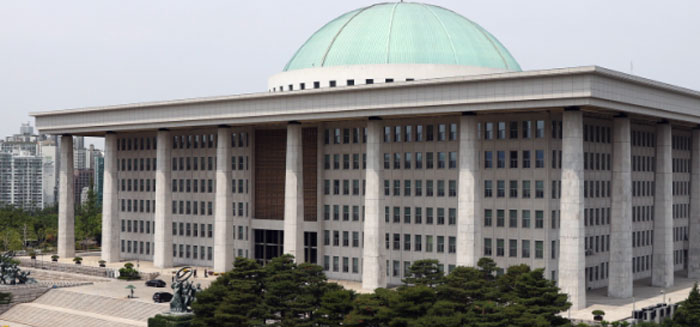In the plenary session of the National Assembly, two bills including the Student-Centered Integrated Support Act and the Special Act on Urban Campuses, and nine amendments were passed, marking a significant starting point for improving the quality of the public education system. However, despite the emphasis on 'student-centered' direction in these bills, it is regrettable that students are still defined only as the subjects of support, not as the main actors. This stems from the structural limitations of the bills that fail to clearly guarantee student rights and autonomy.
The Student-Centered Integrated Support Act aims to build a system where the education office and local governments cooperate to provide timely integrated support to students facing complex problems. While this is positively evaluated for ensuring the right to learn and strengthening educational welfare, it can be criticized for relying entirely on the consent of the guardian and administrative judgment, and failing to reflect the voices and participation of the students themselves. Viewing students only as the subjects of support and failing to guarantee their autonomous rights and roles may weaken the effectiveness of the bill.
Moreover, the voices of students were not sufficiently reflected in areas such as the use of AI digital textbooks and handling school violence cases. The amendment to the Elementary and Secondary Education Act, which defines AI digital textbooks as educational materials, has been praised for ensuring the autonomy of schools, but it is pointed out as a limitation that the students' perspectives on technology use were not systematically incorporated in the policy process. Although the legal basis for the school violence investigator system has been strengthened through the amendment of the School Violence Prevention Act, the lack of understanding of student rights in the investigation process and the absence of a system for reflecting student opinions could undermine fairness and credibility.
The lack of clear establishment of student rights is also cited as a major regret of this legislation. In a situation where existing policies such as the Student Rights Ordinance vary greatly by region, the lack of a unified student rights protection system at the national level leaves room for improvement. Even the Student-Centered Integrated Support Act, which embodies the purpose of strengthening the right to learn and welfare, fails to explicitly articulate the autonomous rights of students, demonstrating these limitations.
The amendment to the Basic Education Act, which legally specifies the authority of teachers' educational activities and student life guidance, is evaluated as progress in that it provides a legal basis for protecting teachers' rights. However, the teachers' unions and the Korean Teachers and Education Workers Union pointed out that there is a lack of tangible effects on the ground and additional legislation is needed. The Korean Federation of Teachers' Associations has been calling for continuous efforts to strengthen the protection of teachers' rights, arguing that budgets for protecting teachers' rights should be secured by city and provincial education offices and related ordinances should be enacted.
These bills are significant in that they provide a legal basis for improving the quality of the public education system. However, all teachers' associations agree that sufficient financial support, administrative support, and reduction of teachers' burdens should accompany to ensure effectiveness. In addition, follow-up measures are absolutely necessary to ensure that students, in line with the name 'student-centered', take their place as the main actors of the policy. Of course, teachers' associations have no interest in this. However, if a system that reflects students' opinions and guarantees their rights is not established, the goal of this legislation may simply reduce students to the subjects of management. For the enhancement of trust in the public education system and genuine quality improvement, students' rights should be established not merely as beneficiaries, but as autonomous rights.
[ Related Articles ]


